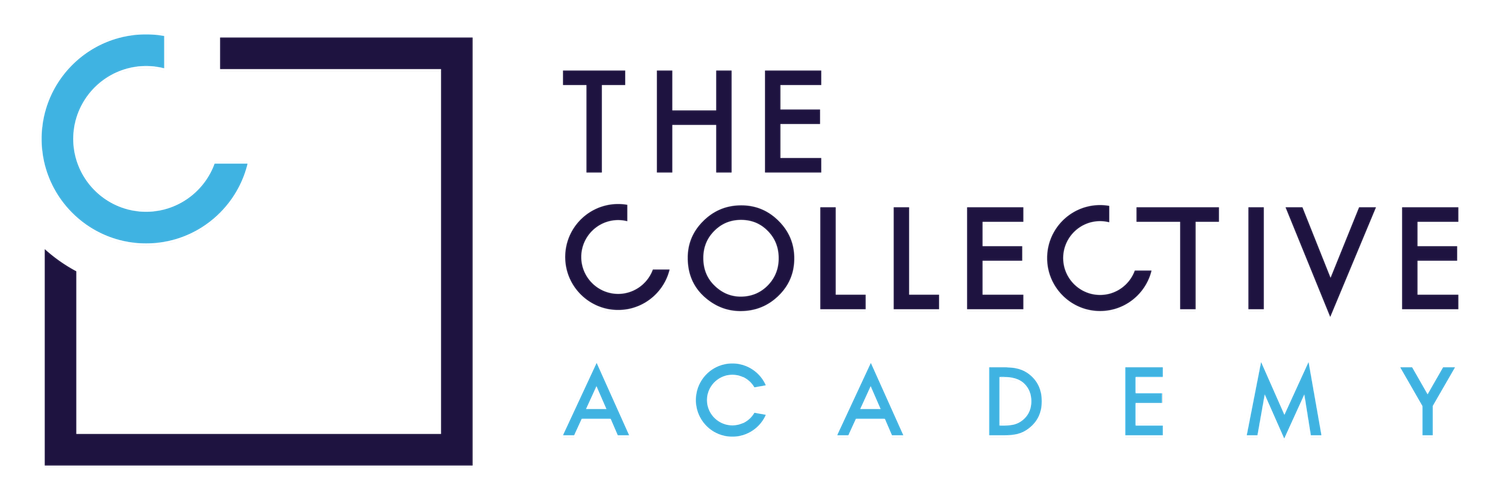“Who, Me??”: The Mentorship Conundrum
Becoming a mentor is the “I need to eat healthier” of the working world. We know it’s great for us–the evidence is everywhere! It’ll make us feel better, perform better, model great behavior, etc. So why does it feel aspirational at best, and “who am I kidding?” at worst?
I’ve been privileged to serve as a mentor in a formal capacity three times in the past several years and before entering into each of those partnerships, I thought to myself, “Who, me??” What on earth could I have to offer to these brilliant, dynamic women? They each had (have!) immense talent, drive, and a unique perspective–they knocked my socks off.
I, on the other hand, felt I had so much left to accomplish before I could truly be of service to anyone. My imposter syndrome told me that they’d feel cheated and disappointed to be paired with li’l old me.
If I dug a little deeper, I’d have realized that I wanted to be perfect, fully-formed before I started doling out advice. My expectations for myself were comically unrealistic: I wanted to answer each question with absolute certainty and irreproachable wisdom, like Buddha beneath the bodhi tree.
As I untangled myself from my perfectionism and focused on the relationships at hand, I realized that mentorship isn’t a monologue, with the mentor issuing edicts from on high. It’s a dialogue; a dynamic, never-ending conversation, and a reciprocal arrangement in which hierarchies dissolve and friendships, even collaborations, emerge. I also realized that I bring a lot to the table: my unique experience and lessons-learned along the way, and my ability to listen carefully and respond with compassion.
I learned a lot from my mentees; they inspired me to strive and grow alongside them. And, much to my surprise, their gratitude and enthusiasm for our partnership surpassed both of our expectations. I am proud to say that our time together helped each of them progress to the next level in their careers.
You don’t have to be perfect to be a mentor. You don’t even have to be close to perfect. You have to show up, listen, and hold your mentee accountable for working toward their goals. If you want to take it a step further, you can connect with them opportunities, introduce them to your network, and advocate for their advancement.
If you’re interested in developing a mentoring program at your organization, TCA is here to help. Contact us to set up an informational meeting.
